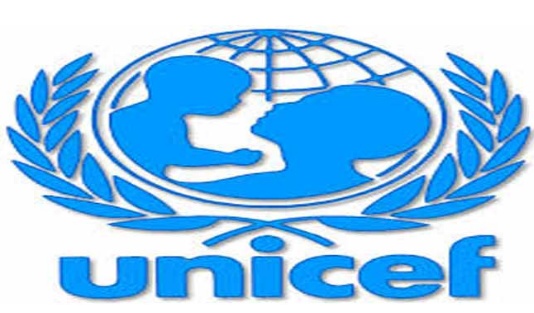The United Nations Children’s Fund (UNICEF) on Tuesday recommended six months paid maternity leave and four weeks paid paternity leave to ensure healthy development of young children.
UNICEF Representative in Nigeria Mohammed Fall disclosed this at the National Early Childhood Development conference (ECD) in Abuja with the theme; “Investing early in Nigerian children”.
Fall also recommended two years pre-primary education, adding that the policies will afford parents time and resources needed to support their young children’s healthy development.
He said that Nigeria currently has three months paid maternity leave, only one year free pre- education and no paternity leave.
The representative emphasised that based on the 2016 Multiple Indicator Cluster Survey, the key indicators of child development remain low in ally.
Fall says, “Only about 40 per cent of children within the ages of 36 to 59 months are attending an organised early childhood education programme, while more than 31 per cent of children under the age of five are moderately and severely underweight.
“Yet research in the Lancet series 2016 shows that early childhood education programme is a foundation for health, productivity, learning and social cohesion”.
Fall noted that the conference was aimed at creating awareness on the meaning and importance of the early years of a child from conception to five years in early childhood nutrition, education and development.
“Nigeria is putting its children at risk of underdeveloped both physically and mentally because critical national policies are not providing an adequate foundation for their growth.
“During the first one year of a child’s life the brain grows rapidly.
“Providing good nutrition, loving care and appropriate play provide solid foundation for child’s learning and eventual contribution to economic and social growth.
“Early Childhood Development includes physical and cognitive support has a strategic place in the achievement of the Sustainable Development Goals (SDGS).
“Investing in ECD includes services to support caregivers, quality pre-primary education and good nutrition will help to secure healthy and productive future generations in Nigeria,” Fall said.
“Supporting exclusive breastfeeding, having good ECD policies in place will help to improve the overall health of a child, enable parents and care givers to be more responsive to children’s needs and provide greater safety and security,” he added.
The News Agency of Nigeria (NAN) reports that the highlight of the conference was the inauguration of UNICEF report on Early Moments Matter for Early Child.
Fall noted that the conference was aimed at creating awareness on the meaning and importance of the early years of a child from conception to five years in early childhood nutrition, education and development.
“Nigeria is putting its children at risk of underdeveloped both physically and mentally because critical national policies are not providing an adequate foundation for their growth.
“During the first one year of a child’s life the brain grows rapidly.
“Providing good nutrition, loving care and appropriate play provide solid foundation for child’s learning and eventual contribution to economic and social growth.
“Early Childhood Development includes physical and cognitive support has a strategic place in the achievement of the Sustainable Development Goals (SDGS).
“Investing in ECD includes services to support caregivers, quality pre-primary education and good nutrition will help to secure healthy and productive future generations in Nigeria,” Fall said.
“Supporting exclusive breastfeeding, having good ECD policies in place will help to improve the overall health of a child, enable parents and care givers to be more responsive to children’s needs and provide greater safety and security,” he added.
The News Agency of Nigeria (NAN) reports that the highlight of the conference was the inauguration of UNICEF report on Early Moments Matter for Early Child.



0 Comments